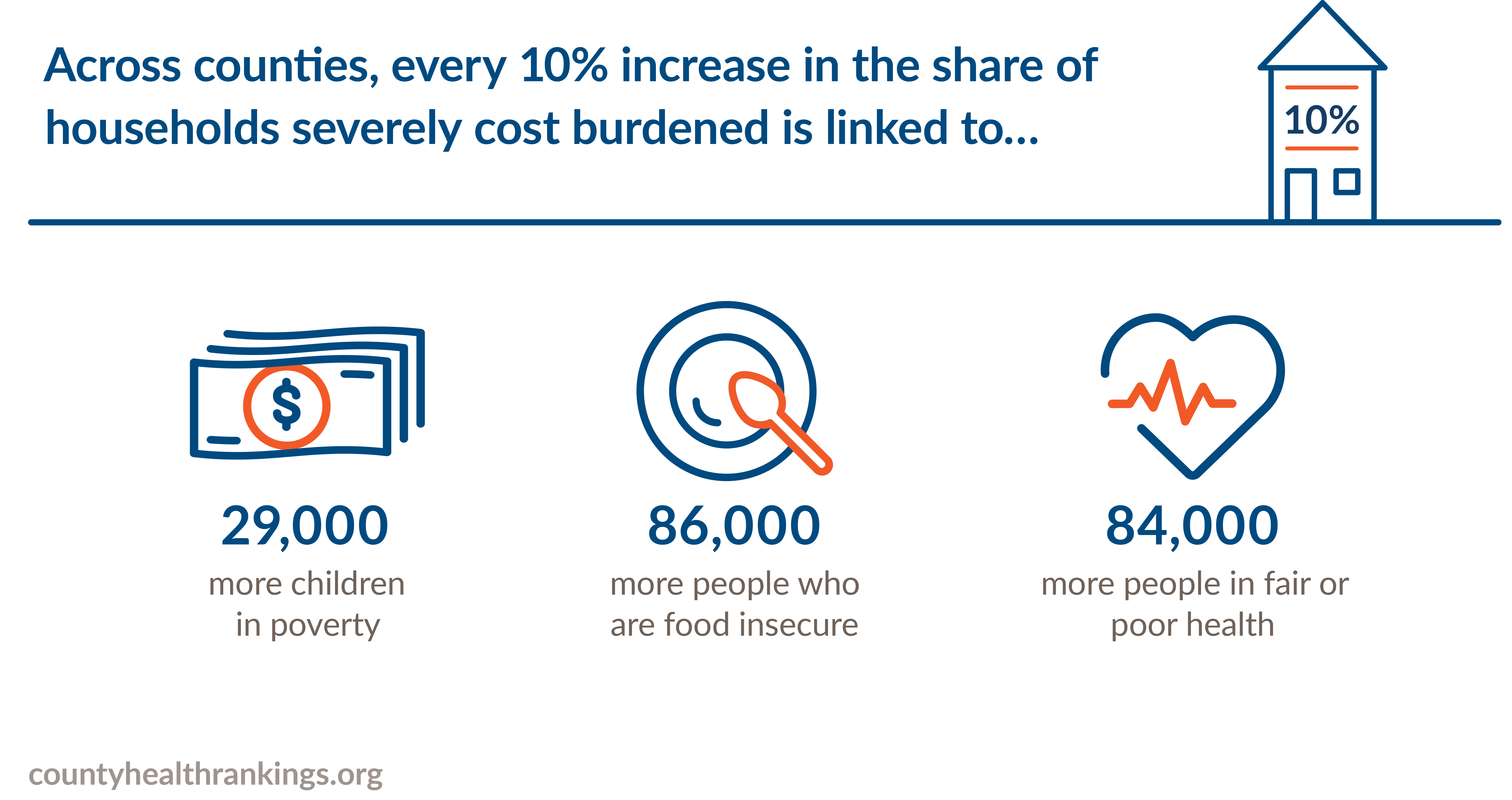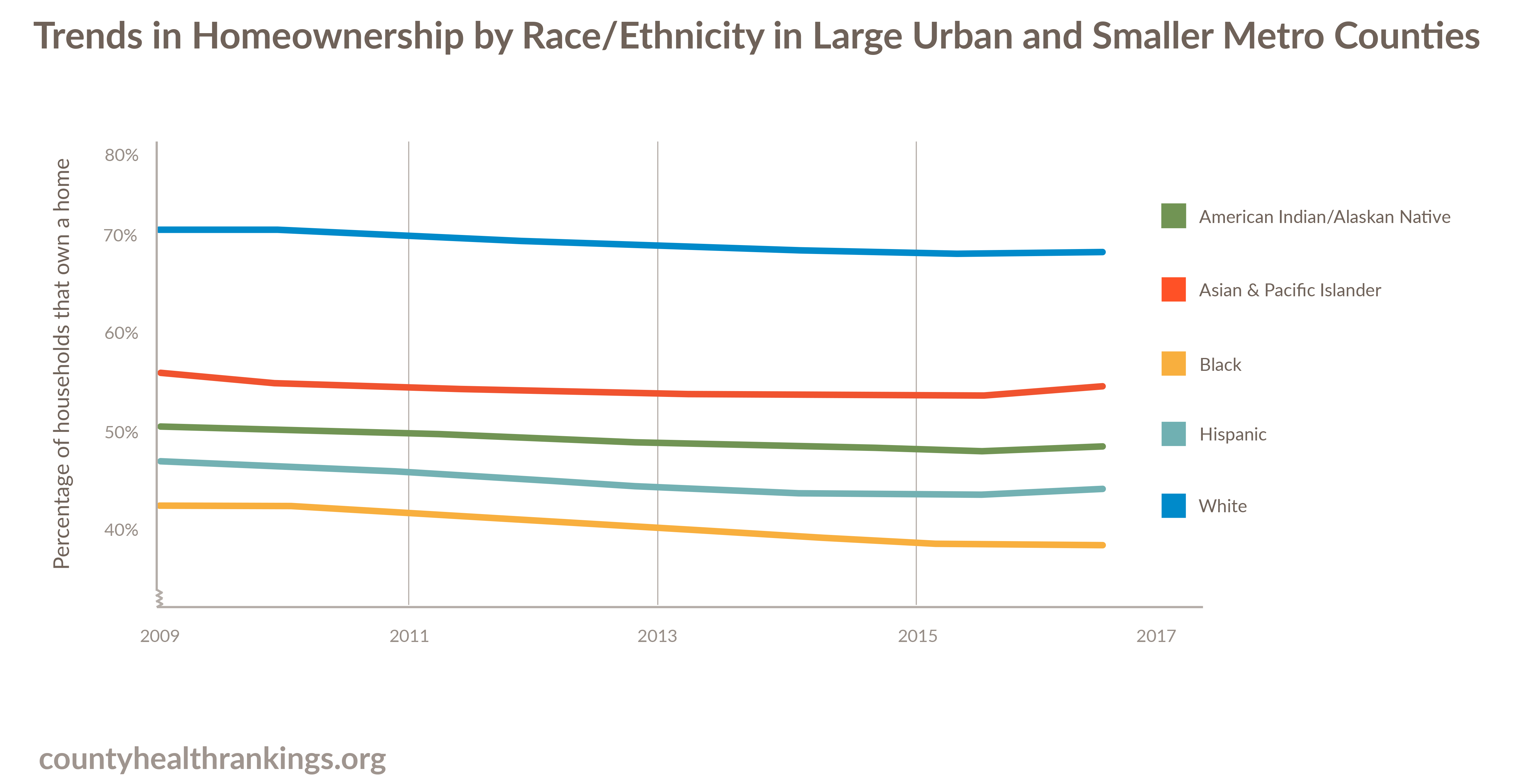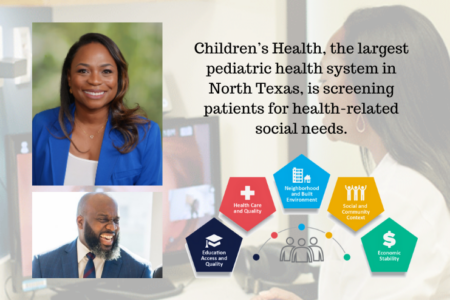
Share On Social!
Access to affordable housing can provide numerous benefits to renters and buyers, including leading healthier lives.
A new survey from the affordable housing nonprofit Enterprise Community Partners establishes the connection between homes and wellness. It also goes to show that rent-burdened Americans suffer through potentially damaging delays in medical care due to their limited budget.
The report discovered more than 50% of renters had delayed medical care because they could not afford it. Moreover, 100% of medical professionals surveyed said their patients had expressed concerns about affordable housing.
How Does Housing Impact Health?
 Survey’s like Enterprise’s go to show how nonprofit, governmental housing groups are beginning to view housing and health as intertwined.
Survey’s like Enterprise’s go to show how nonprofit, governmental housing groups are beginning to view housing and health as intertwined.
High living costs can force low-income Americans to forgo receiving necessary medical care to pay for monthly expenses, the study finds.
“Our health is inextricably linked to our home — whether it’s poorly designed or maintained housing, stress from having to move frequently, or illness that develops or goes untreated because of skipping care and treatment to make rent,” Brian Rahmer, Enterprise’s vice president of health and housing, told Curbed.
Budgeting standards suggest that housing costs should make up about 30% of your income. Yet, for low-income Americans, paying the rent or mortgage can take up more than 70% of earnings. Across the U.S., roughly 11% of households spend more than half of their pay on housing, resulting in severe cost burdens.
 Another report from County Health Rankings (CHR) illustrates that where we live affects how well and long a person might live.
Another report from County Health Rankings (CHR) illustrates that where we live affects how well and long a person might live.
Their findings suggest that the barriers Latinos and low-income Americans face can be directly linked to high housing costs. More segregated counties also have higher rates of severe cost burdens.
The CHR shows that significant gaps persist in wellness outcomes among U.S. counties because of differences in cost burdens.
Housing Disparities Affect Latino Health
 Black and Latino citizens also face more considerable obstacles to socio-economic opportunities and health access than white residents.
Black and Latino citizens also face more considerable obstacles to socio-economic opportunities and health access than white residents.
Housing has long been recognized as a critical, structural determinant of health. It significantly shapes health outcomes. Lack of affordable housing has substantial implications for many Latinos and can substantially impact their quality of life.
Studies suggest the average white family experienced an 11% reduction in wealth during the 2007 financial crisis. However, the average black family lost 31% of its wealth, and the average Latino family 44.7%.
Latinos are at a disadvantage when it comes to institutional factors affecting health.
They are more likely than any other racial or ethnic group in America to lack health insurance. They have more than twice the poverty rate of non-Hispanic whites. Language barriers can interfere with obtaining health care. Stress and anxiety about immigration status can also prevent Latinos from receiving proper medical treatment, even if the patient is a U.S. citizen.
Check out more stories on housing and Latino health
Learn: Latinos & Affordable Housing!
Explore More:
HousingBy The Numbers
56.9
percent
of Latinos are "housing cost burdened"



